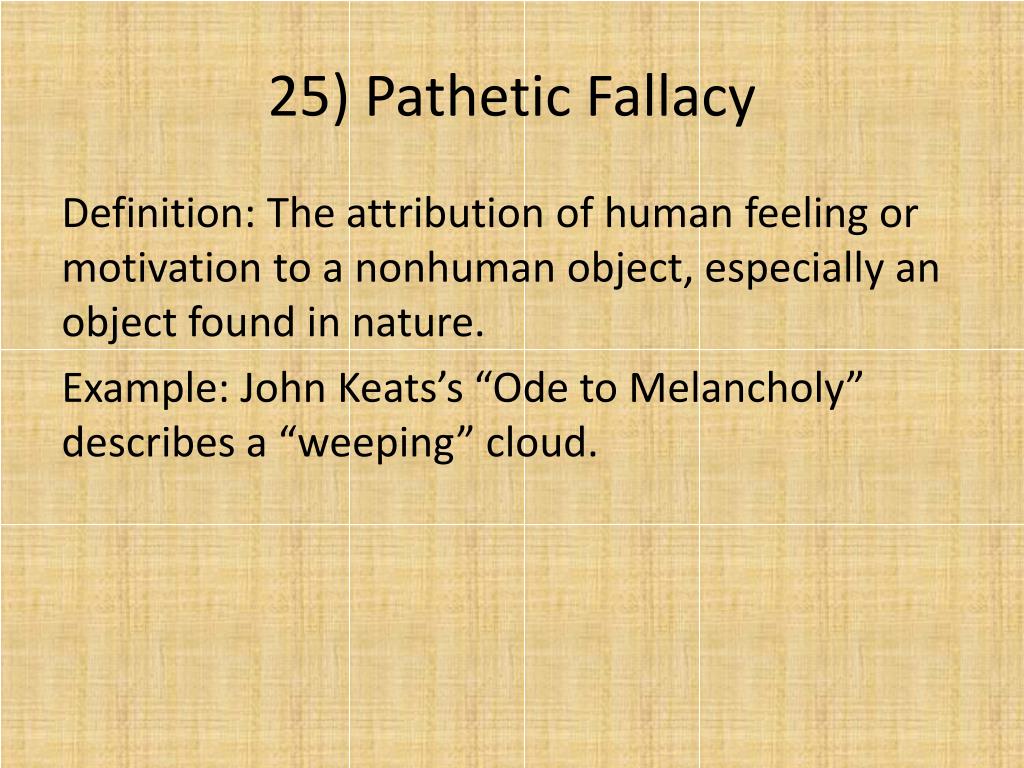

Words, phrases, lines, and images come to me, though obviously I work and rework the material given to me. But even then, the poem usually takes its own direction. I rarely sit down to write with a particular intention, except to write a good poem I almost never sit down intending to write a poem on a particular topic, theme, or subject, though I sometimes have an idea of the kind of poem I want it to be, that is, of its formal shape. Stallman, “Intentions, Problem of,” Princeton Encyclopedia of Princeton and Poetics, Enlarged Edition, 399). “The problem of intention arises from the fact that the author’s declared intention as to his design or meaning are one thing, and his achieved intention-the actual intention or meaning framed within the work itself-quite another thing, even when the one and the other happen to agree or coincide” (Robert W.
%20-%20Cr%C3%ADtica.jpg)
The work of art is, in part, an objectification of intention, and to the extent that the intention is objectified, it’s no longer the author’s. Whatever the author’s intention, mine, yours, or Shakespeare’s, if it’s not manifested in the work it doesn’t exist, not for a reader, not in any literary and not merely biographical sense. Understanding historical context is not the same thing as understanding the author or his intentions. (Meaning isn't everything.)But that is a matter of the text, not of the author. If one doesn’t know that the phrase “chimney-sweepers” in the lyric “Golden lads and golden girls all must/As chimney-sweepers, come to dust” from Cymbeline refers to dandelions, much of the passage’s meaning will be missed, though its beauty remains even without its meaning. To fully understand a Shakespeare play, if such a "full" understanding is ever possible, which is questionable, one must at the least understand what the words in the play meant at the time and to understand the literary, cultural, and historical allusions and references. I can't imagine how I could fathom Shakespeare's intentions, for example, or how, if I could, that would usefully illuminate his plays. One writes because one wants to produce something separate from oneself. Even if one thinks of a work in terms of its author, if what mattered most to a writer was what was in his or her head, there’d be no reason to write anything, since one already has access to the contents of one’s own mind.

I care about what the author wrote, not what the author thought he or she was writing.

I have neither the desire nor the ability to discern an author's intentions. One of the greatest legacies of the much-maligned (mainly by people who haven't really read them) New Critics is the separation of the author and the text. This post incorporates some of my prior responses to comments on that earlier post into an extended discussion of the matter of authorial intention. Many of the comments in response to my most recent post revolved around the question of authorial intention and its importance or even relevance to the reading and interpretation of a work of verbal art, so I have decided to explore the question in greater depth.


 0 kommentar(er)
0 kommentar(er)
